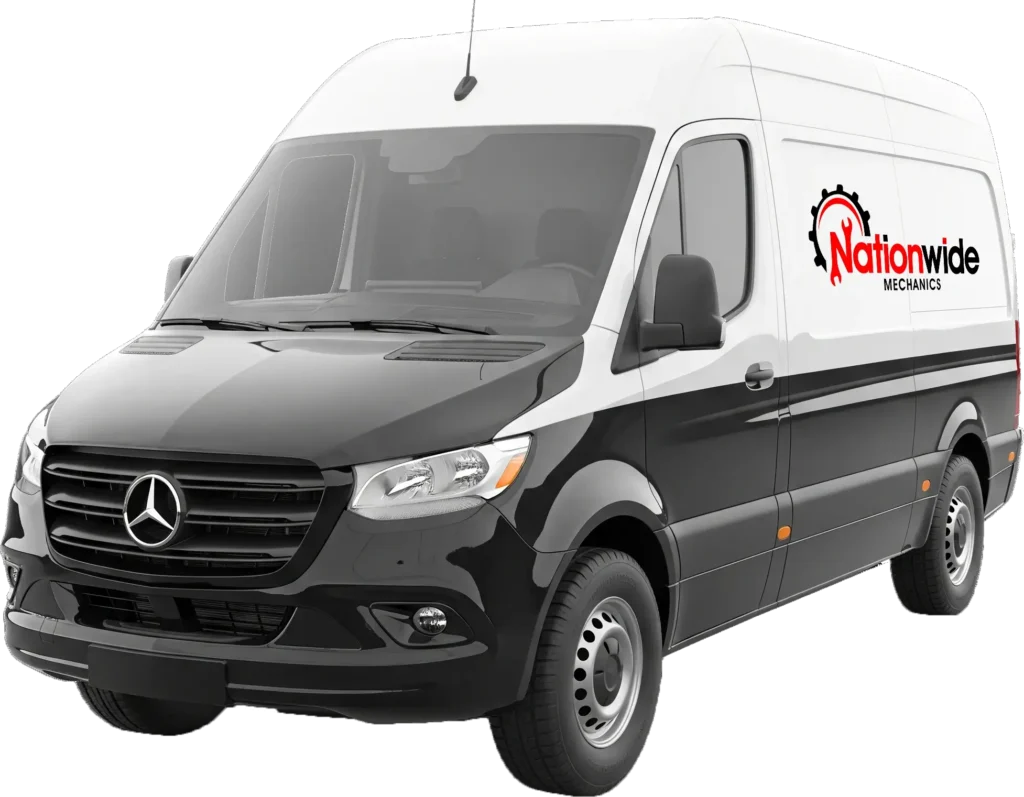What Is the Cabin Air Filter and How Does It Work?
When you turn on your vehicle’s heating or air conditioning, the air that flows through the vents comes from outside the car. The cabin air filter cleans this incoming air by trapping dust, pollen, debris, and pollutants before it enters the vehicle’s HVAC system. At Nationwide Mechanics, we connect you with qualified mobile mechanics who provide convenient cabin air filter inspection and replacement services right at your home or workplace.
How to Replace a Cabin Air Filter
- Locate the cabin air filter, typically behind the glove box or under the dashboard (consult your vehicle’s owner manual for specifics).
- Carefully remove the old filter, noting its orientation. Check for any debris in the filter housing.
- Clean the filter housing with a cloth to ensure proper seating of the new filter.
- Install the new cabin air filter, aligning it according to the airflow direction marked on the filter.
- Reassemble any covers or panels removed during the process, securing everything properly.
- Turn on the vehicle and test airflow to confirm the new filter functions correctly.
Keep in Mind
The cabin air filter is different from the engine air filter. While the engine air filter cleans air entering the engine for combustion, the cabin air filter ensures the air inside the vehicle is clean and healthy for occupants. Some vehicles may have multiple cabin air filters. Choosing the correct filter helps maintain air quality and a comfortable ride.
When to Replace Your Cabin Air Filter
Most manufacturers recommend replacing the cabin air filter every 12,000 to 15,000 miles, though this varies depending on driving conditions and environment. If you frequently drive in dusty, polluted, or allergy-prone areas, more frequent replacements may be beneficial.
Seasonal Considerations
- Spring: High pollen counts increase filter load.
- Summer: Dust and pollutants are more prevalent.
- Fall: Leaves and mold spores challenge filter efficiency.
- Winter: Salt and road grime can clog filters faster.
Inspecting the cabin air filter with each season change helps maintain optimal air quality and can prevent costly HVAC system repairs.




